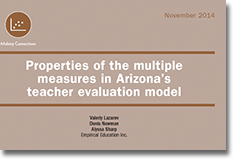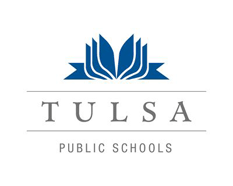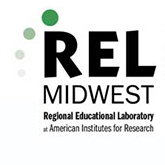IES Releases New Empirical Education Report on Educator Effectiveness

Just released by IES, our report examines the statistical properties of Arizona’s new multiple-measure teacher evaluation model. The study used data from the pilot in 2012-13 to explore the relationships among the system’s component measures (teacher observations, student academic progress, and stakeholder surveys). It also investigated how well the model differentiated between higher and lower performing teachers. Findings suggest that the model’s observation measure may be improved through further evaluator training and calibration, and that a single aggregated composite score may not adequately represent independent aspects of teacher performance.
The study was carried out in partnership with the Arizona Department of Education as part of our work with the Regional Education Laboratory (REL) West’s Educator Effectiveness Alliance, which includes Arizona, Utah, and Nevada Department of Education officials, as well as teacher union representatives, district administrators, and policymakers. While the analysis is specific to Arizona’s model, the study findings and methodology may be of interest to other state education agencies that are developing of implementing new multiple-measure evaluation systems. We have continued this work with additional analyses for alliance members and plan to provide additional capacity building during 2015.






